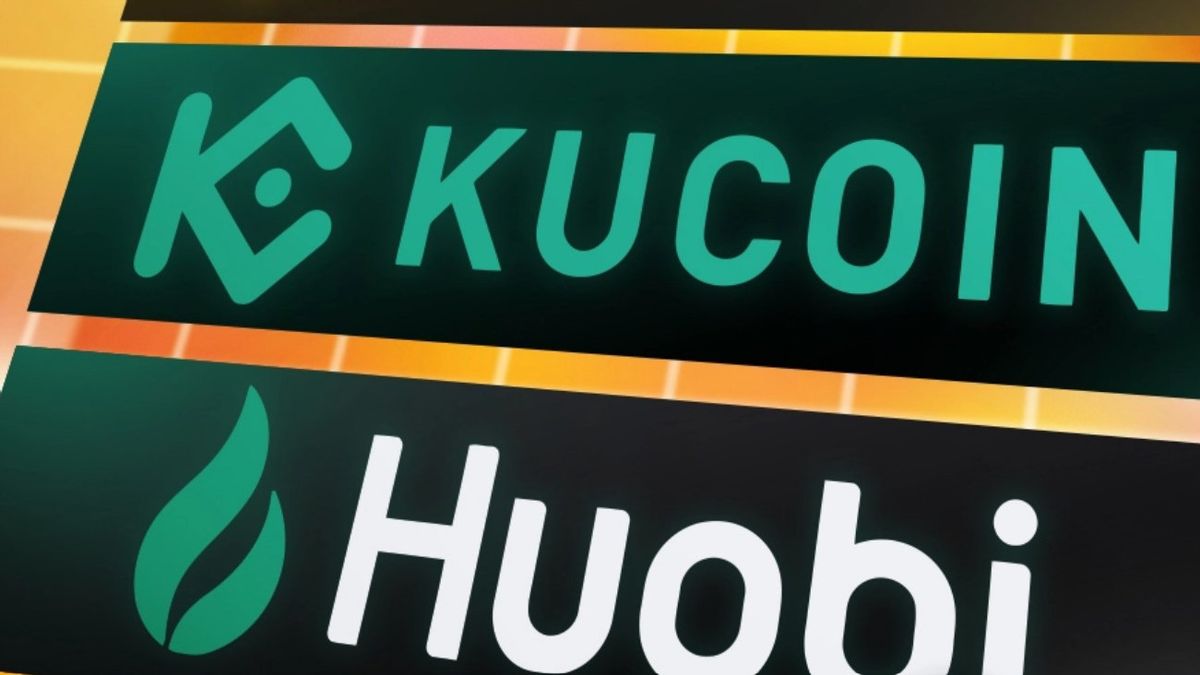JAKARTA - Huobi and KuCoin crypto exchanges allegedly continue to provide services to users of sanctioned Russian banks. A report from Politico on February 24 cites a report from Inca Digital indicating that clients of the sanctioned bank can use debit cards to transact on the cryptocurrency trading platforms of the two exchanges.
Although Huobi and KuCoin did not directly receive funds from the sanctioned bank, Inca Digital CEO Adam Zarazinski confirmed that the activity violated international sanctions.
Inca Digital also identified deficiencies in the policies of Binance, the Maltese-based exchange. Although Binance has blocked fiat deposits originating from some Russian payment cards in March 2022, the exchange is supposed to provide "multiple methods" for Russian users to buy cryptocurrency on exchanges and peer-to-peer markets.
Binance has denied the accusations and stated that they fully enforce KYC rules and filter communications between users to enforce sanctions.
The Inca Digital report also indicates that ByBit, another crypto exchange, allows users to purchase crypto via peer-to-peer marketplaces and via fiat deposits, however, ByBit has yet to provide a response on this matter. Instead, several crypto exchanges have taken steps to block Russian users.
VOIR éGALEMENT:
In October, Blockchain.com, Crypto.com, and LocalBitcoins took action. While Coinbase had blocked Russian users before March 2022 and Binance added restrictions in April 2022.
Enforcement of international sanctions against Russian banks is indeed a highlight in the crypto industry today. Although Huobi and KuCoin did not directly receive funds from the sanctioned bank, this action is still considered a violation of international sanctions.
Therefore, observers of the crypto industry emphasize the importance of implementing strict rules in this industry to prevent violations of sanctions. Binance's decision to block fiat deposits from some Russian payment cards in March 2022 is indeed a step in the right direction in complying with international sanctions rules.
However, deficiencies in the exchange's policy of providing "multiple methods" for Russian users to buy cryptocurrency on exchanges and peer-to-peer markets remain a concern. On the other hand, the steps of several other crypto exchanges to block Russian users show the seriousness of the crypto industry in complying with international sanctions.
The English, Chinese, Japanese, Arabic, and French versions are automatically generated by the AI. So there may still be inaccuracies in translating, please always see Indonesian as our main language. (system supported by DigitalSiber.id)












